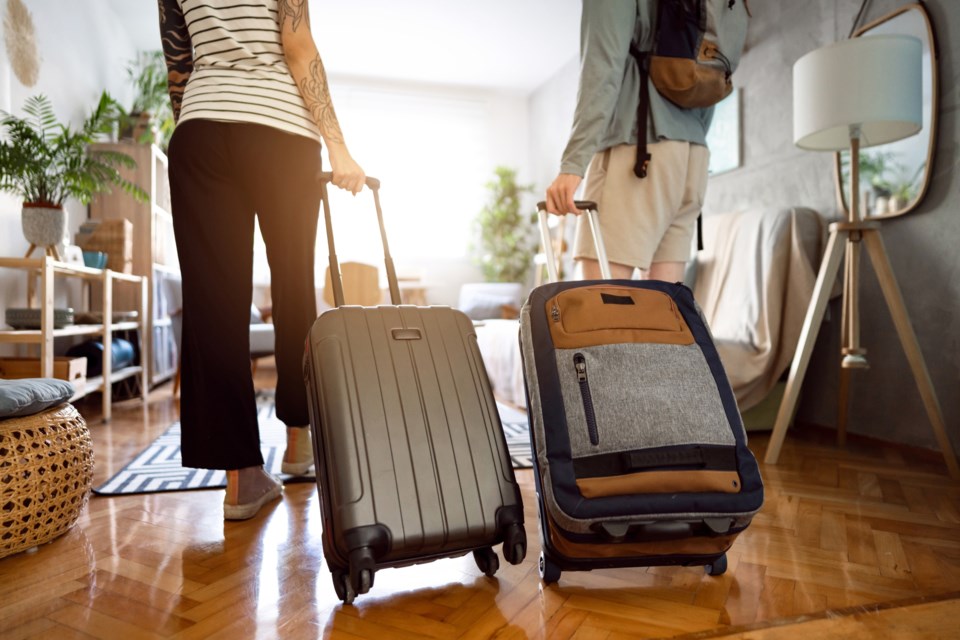A Prince George real estate agent who owns several Airbnb properties in the city says rule changes on short-term rental accommodation will force her to sell her rental properties and will ultimately hurt B.C.’s economy.
The new rules, which come into effect next May, prohibit having more than one short-term rental per property and ban them in residences in which the owners do not live.
Jen Higham has eight houses/duplexes in Prince George she rents through the Airbnb platform and she is not interested in turning them into long-term rentals. She doesn’t want the headaches that come with being a long-term landlord.
“They would all be sold,” Higham said.
She estimates there are 260 Airbnb listings in the Prince George area, of which about 200 are active. She says most people who operate Airbnb properties bought them as investments and the short stays they provide offer a significant rate of return and most are not likely to convert them to monthly rental properties.
Higham and her husband Trevor got into the short-term market three years ago and they cater to medical professionals, work crews and tradespeople, business executives, families and sports teams who prefer staying in residential neighbourhoods as an alternative to hotels located in business districts and high-traffic areas. They don’t actually meet their guests but are available as hosts 24 hours a day.
“It’s a really decent business and if you do it correctly and take good care of your clients then you can do well at it,” said Higham.
The province will allow municipalities with 10,000 or more residents to opt out of the primary residence legislation provided that municipality has a rental vacancy rate of three per cent or more. Prince George currently has a 3.5 per cent vacancy rate and Higham is hopeful Prince George city council will see the benefits of short-term rentals and will decide to opt out.
“We have at least three companies that come in and provide travel nurses and we will lose all of them, they will stop bringing the nurses here because it’s just not affordable for them to bring them in and put them in hotels,” said Higham. “It’s going to hurt healthcare and sports and tourism.
“Entire families who come in to shop from Quesnel and Prince Rupert or have their weddings or family getaways are not doing that in a hotel room, they’re doing that in our Airbnbs. We’re much cheaper than hotels. We will lose a lot of these people, they just won’t come to Prince George.”
In 2008, B.C. required all bed and breakfast owners to charge guests eight per cent PST, and three per cent regional or municipal taxes and revenues that year totalled $16 million. In 2021, Airbnb taxation brought the province $40 million and that’s expected to be significantly higher this year with more properties listed. Higham says if the proposed legislation comes in to effect and Airbnb owners sell their properties rather than becoming landlords, the province stands to lose a significant chunk of that revenue.
“When they made this law they didn’t once ask the public about it,” said Higham. “So they’re thinking, look at these greedy people getting rich on their second homes that they shouldn’t own. Yesterday, (Premier David) Eby said people shouldn’t be using property for profit, but in the same breath he says they should be using them for rentals and rent them to people. It can’t be both ways.”




